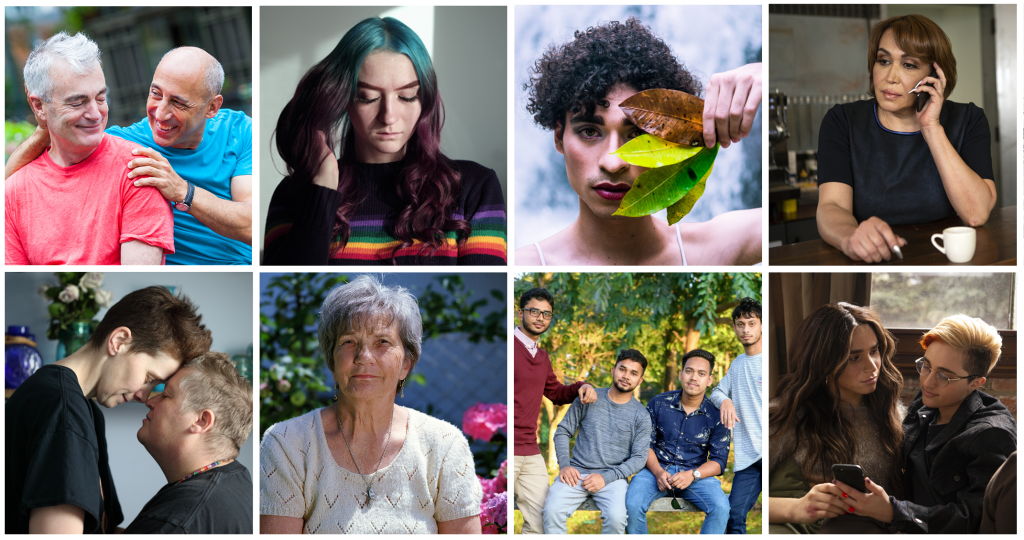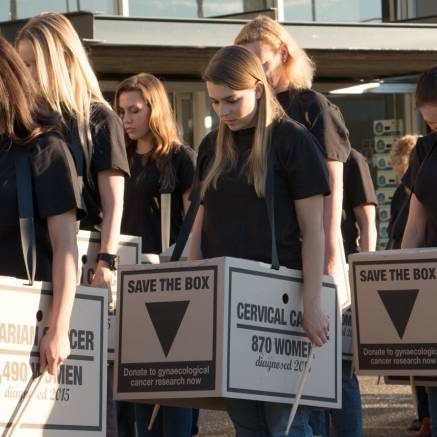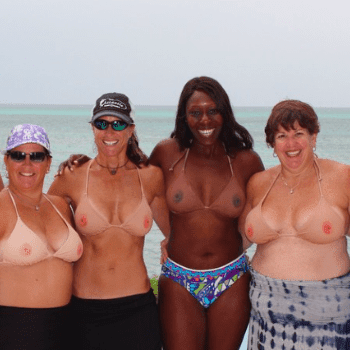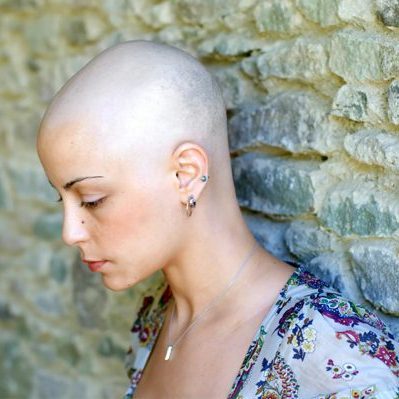 Researchers at Western Sydney University are leading a three-year Australian Research Council Linkage grant focused on understanding lesbian, gay, bisexual, transgender, queer and intersex (LGBTQI+) experiences of cancer and cancer care.
Researchers at Western Sydney University are leading a three-year Australian Research Council Linkage grant focused on understanding lesbian, gay, bisexual, transgender, queer and intersex (LGBTQI+) experiences of cancer and cancer care.
The $600,000 ‘Out with Cancer’ study – based at Western Sydney University’s Translational Health Research Institute in partnership with UNSW Sydney, UTS, Monash University, La Trobe University, Melbourne University, The Cancer Council NSW, CanTeen, Breast Cancer Network Australia, Prostate Cancer Foundation Australia, ACON and the National LGBTI Health Alliance – involves experts in public health, psychology, sociology, medicine, mental health and sexuality studies.
Outcomes from the study will be used to enhance the understanding of a large and growing population of cancer survivors in Australia, in to order to improve physical and psychological outcomes for cancer patients and their carers. Outcomes will also inform targeted patient and carer resources and inform recommendations for culturally competent cancer care and policy.
Previous international findings suggest LGBTIQ+ communities experience a disproportionate cancer burden, and face unique psychosocial challenges, such as higher rates of cancer related distress and sexual concerns, lower levels of family support, difficulties in accessing general health care or cancer services, gaps in patient-provider communication and lower satisfaction with cancer care.
Professor Jane Ussher from Western Sydney University’s Translational Health Research Institute said these outcomes will be critical in improving the health and wellbeing of sexual and gender minorities as well as intersex people.
“According to international literature, this vulnerable population reports higher rates of cancer related distress and dissatisfaction with care than the general population. Their unique experiences and needs have been largely overlooked by Australian cancer researchers, policy makers, and service providers. The limited number of Australia studies to date have focused on gay men with prostate cancer. This is why domestic Australian research into these areas is so important,” said Professor Ussher.
“This study will help identify and understand the complex intersection between gender, sexual identity and variations in sex characteristics, and age in relation to the cancer survivorship and care experiences of LGBTI individuals in Australia, across a range of cancer types. In turn, it will help address insufficient knowledge about health care needs, outcomes, lived experiences and effective interventions for LGBTI populations.
“This will also be the first study internationally to examine the experiences of transgender, intersex and young LGBTI cancer survivors.”
The Out with Cancer study is using surveys, interviews and visual methods research involving photos to understand the lived experiences of LGBTQI+ people who have had cancer or medical intervention to reduce cancer risk.
The survey can be completed online at: www.westernsydney.edu.au/outwithcancer
Updates about the Out with Cancer study can also be followed online at:
https://www.facebook.com/OutwithCancer1/
https://twitter.com/OutWithCancer1






